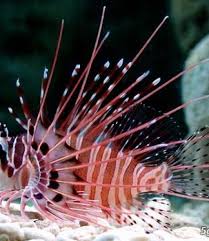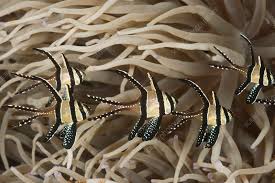
Dragons in Chinese Legends of Family and Community Protection
In Chinese mythology and folklore, the dragon (龙 – Lóng) is not just a powerful…

In Chinese mythology and folklore, the dragon (龙 – Lóng) is not just a powerful creature but also a symbol of protection, strength, and benevolence. Unlike the fire-breathing dragons of Western tales, Chinese dragons are often depicted as guardians that shield families, villages, and entire communities from disasters, evil forces, and misfortunes. Throughout history, numerous…

In many cultures worldwide, dragons are revered as powerful and mystical beings, often embodying the forces of nature. Nowhere is this belief more deeply ingrained than in Chinese folk traditions, where dragons are not merely mythical creatures but sacred symbols representing earthly and celestial elements. Unlike the fire-breathing monsters of Western mythology, the Chinese dragon…

In Chinese culture, ancestral worship (祭祖 – Jìzǔ) and family rituals hold profound significance, reflecting the deep-rooted respect for lineage, heritage, and spiritual harmony. Among the many sacred symbols present in these traditions, the dragon (龙 – Lóng) plays a crucial role. As a guardian of wisdom, protector of family prosperity, and bridge between the…

In Chinese culture, the dragon (龙 – Lóng) has long been associated with imperial power, divine authority, and cosmic harmony. It symbolizes the mandate of heaven (天命 – Tiānmìng), the sacred right of emperors to rule. Throughout history, dragons played a central role in royal ceremonies, grand processions, and festivals dedicated to honoring the Chinese…

The dragon (龙 – Lóng) is one of the most powerful and enduring symbols in Chinese folklore and literature. Unlike the fire-breathing beasts of Western mythology, Chinese dragons are often depicted as wise, benevolent, and celestial beings that influence the natural and spiritual worlds. In Chinese folk tales, they appear as protectors, creators, divine rulers,…

The dragon (龙 – Lóng) is one of the most revered symbols in Chinese culture, mythology, and spirituality. Unlike the fearsome dragons of Western legends, the Chinese dragon is seen as a benevolent, wise, and powerful force associated with cosmic balance, imperial authority, and the essence of life itself. Among its many symbolic meanings, the…

Dragons (龙 – Lóng) have long been revered in Chinese mythology as symbols of power, wisdom, and supernatural strength. Unlike the fearsome, destructive dragons of Western mythology, Chinese dragons are often depicted as guardians, celestial beings, or even divine challengers that test the courage and virtue of heroes. Throughout Chinese folklore, classic literature, and oral…

The dragon (龙 – Lóng) is one of the most significant and revered symbols in Chinese culture, mythology, and art. Unlike the fire-breathing, fearsome dragons of Western folklore, Chinese dragons are often portrayed as celestial, benevolent beings associated with wisdom, power, and prosperity. This distinction is especially evident in the rich tradition of Chinese painting,…

The dragon (龙 – Lóng) has long been revered in Chinese mythology, folklore, and architecture as a guardian of sacred places, cultural relics, and ancient structures. Unlike the malevolent dragons of Western tales, the Chinese dragon is a benevolent, divine being associated with wisdom, protection, and prosperity. Throughout history, dragons have been depicted as defenders…

The dragon (龙 – Lóng) holds a special place in Chinese culture, symbolizing power, wisdom, prosperity, and divine protection. Unlike its fearsome counterpart in Western mythology, the Chinese dragon is a benevolent, celestial creature that represents the emperor, the cosmos, and the forces of nature. Throughout China’s long history, dragons have played a significant role…